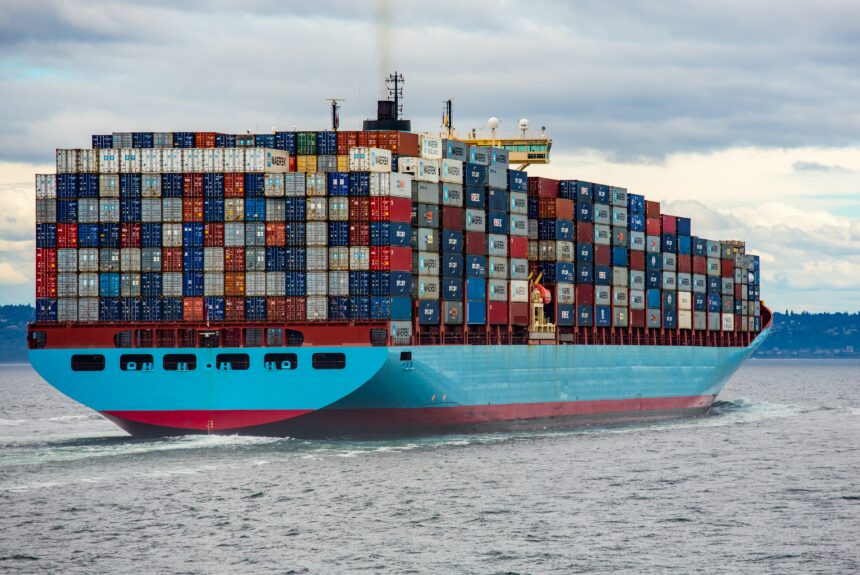British Business and Trade Secretary Kemi Badenoch recently announced that the United Kingdom will join the clunkily-named Comprehensive and Progressive Agreement for Trans-Pacific Partnership (CPTPP). The CPTPP is a global free trade bloc, encompassing countries across Asia, South America, and the Pacific including Canada, Japan, Australia, Mexico, and Singapore. Britain’s induction marks the first time that a non-founding member joined the CPTPP, perhaps setting a precedent for further expansion. The growth of the CPTPP is cause for optimism in the advancement of both free trade and environmentalism.
>>>READ: Strong US-South Korea Relations are Key for the Future of Freedom (and Climate)
The CPTPP fills a gap in the market for genuine environmental collaboration. Founding states formed the CPTPP in 2018 after its predecessor, the Trans-Pacific Partnership (TPP), fell apart following President Trump’s decision to withdraw the United States. Formally ratified but loosely structured trade agreements like the CPTPP offer an exciting avenue toward productive international cooperation on environmental issues. They provide a forum in which conserving and enhancing the natural world can coincide with the economic benefits of trade.
Global climate conferences like COP27 have, unfortunately, failed repeatedly to have a lasting impact on key environmental issues. They have slipped into a flawed cycle: world leaders meet at a glamorous and much-hyped summit to agree to ambitious environmental targets which fall by the wayside when the day-to-day realities of politics set in, and environmental concerns begin to seem like a burden. Then, a year later, global leaders jet off to a different location to begin the process all over again.
Free trade agreements like the CPTPP sit in stark contrast to this approach. The CPTPP’s purpose is primarily economic, not environmental. It exists to facilitate trade by lowering barriers like regulations and tariffs, which in turn benefits both the economy and the planet. It takes the carrot rather than the stick approach, which means membership is venerated and sought-after. Attending conferences like COP27, on the other hand, can sometimes seem like a political obligation, fulfilled reluctantly.
Once that forum for discussion is established – and since every country present wants to pursue its own economic interests, everything is on the table – close collaboration on environmental issues suddenly seems more feasible than ever before. Against that backdrop, the CPTPP’s Environment Chapter can set a floor for environmental standards, setting the tone for trade discussions and shifting the Overton Window of those conversations between decision-makers in favor of environmental considerations.
Free trade has been paramount to environmental progress around the globe. It has allowed cleaner-burning American natural gas to displace dirty coal in developing nations and South Korean-made electric vehicles to reach the UK. Importantly, countries with higher degrees of trade freedom often have cleaner environments.
As the CPTPP has shown in the five years that it has been active, free trade agreements can lead to notable economic and environmental success. Take the Convention on International Trade in Endangered Species of Wild Fauna and Flora (CITES), for instance. CITES is a multilateral treaty ensuring endangered animals and plants are not trampled in the pursuit of freer trade. The US originally drafted CITES in the 1960s and ratified it in the 1970s, but the CPTPP has led to some of the world’s biggest economies signing up to its provisions and, crucially, keeping each other accountable to stick to it.
>>>READ: A Green Trade War Isn’t Good for Consumers or the Planet
The CPTPP also stands in stark contrast to the European Union, which represents a much more aggressive approach where largely unaccountable bureaucrats issue top-down regulation. This exacerbates the risk of protectionism. French President Emmanuel Macron, for example, is currently engaged in a concerted campaign to structure EU environmental restrictions and subsidies in such a way that they heavily favor European companies over their international competition. Protectionist policies like these can lead to green trade wars, which hurts the global economy, international collaboration, and environmental progress.
The CPTPP offers a way forward which pursues free and open trade, economic growth, and the advancement of environmental ideals all at the same time. Britain has joined with great enthusiasm and other countries are lining up to do the same. Hopefully, the growth of the CPTPP marks a shift in global perceptions of environmental issues in which protecting the planet can be decoupled from the desire to grow the state through high taxes and unnecessary new regulations at every opportunity. Free trade between nations allows the economy and the environment to move forward together in lockstep.
Jason Reed is a writer and broadcaster on politics and policy for a wide range of outlets. Follow him on Twitter @JasonReed624
The views and opinions expressed are those of the author’s and do not necessarily reflect the official policy or position of C3.
